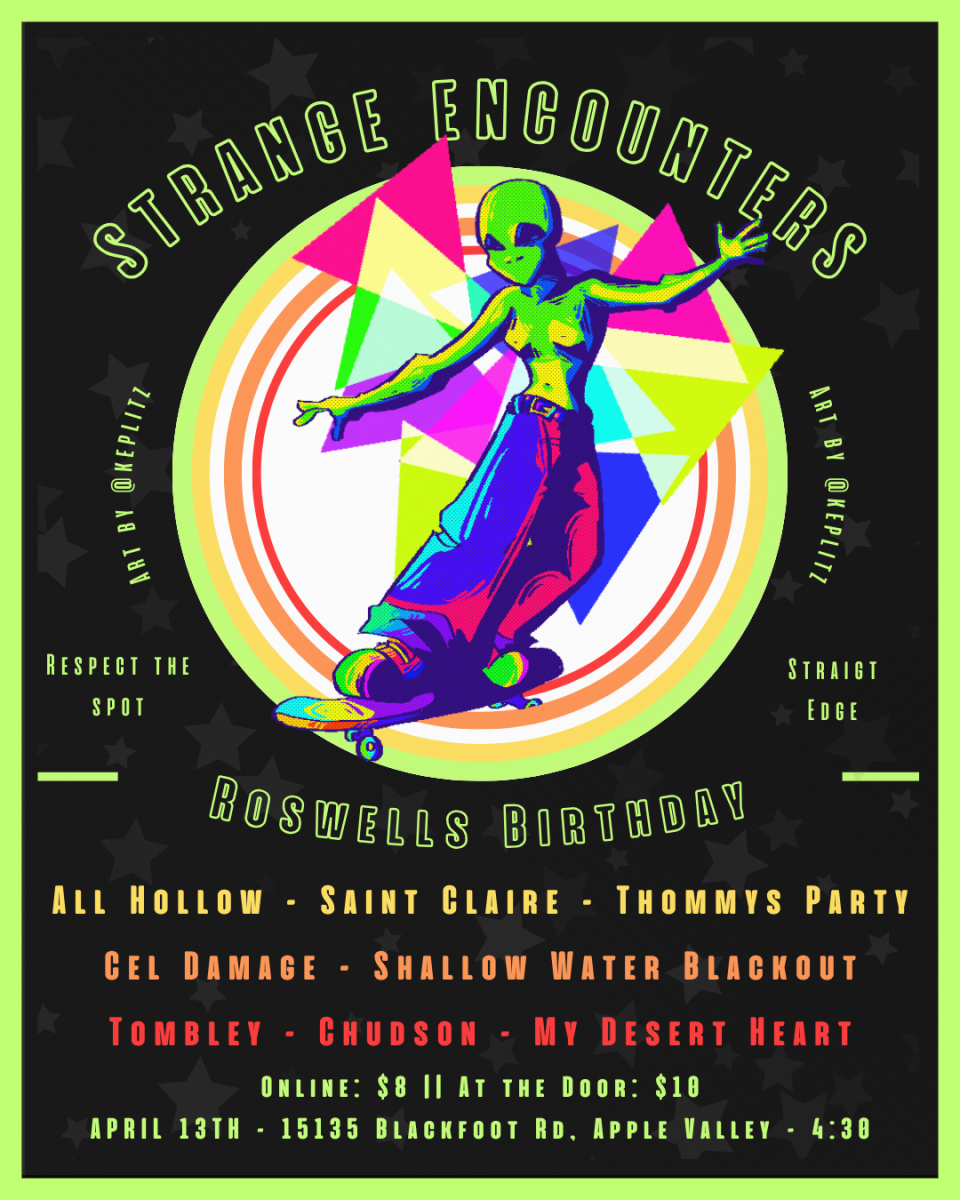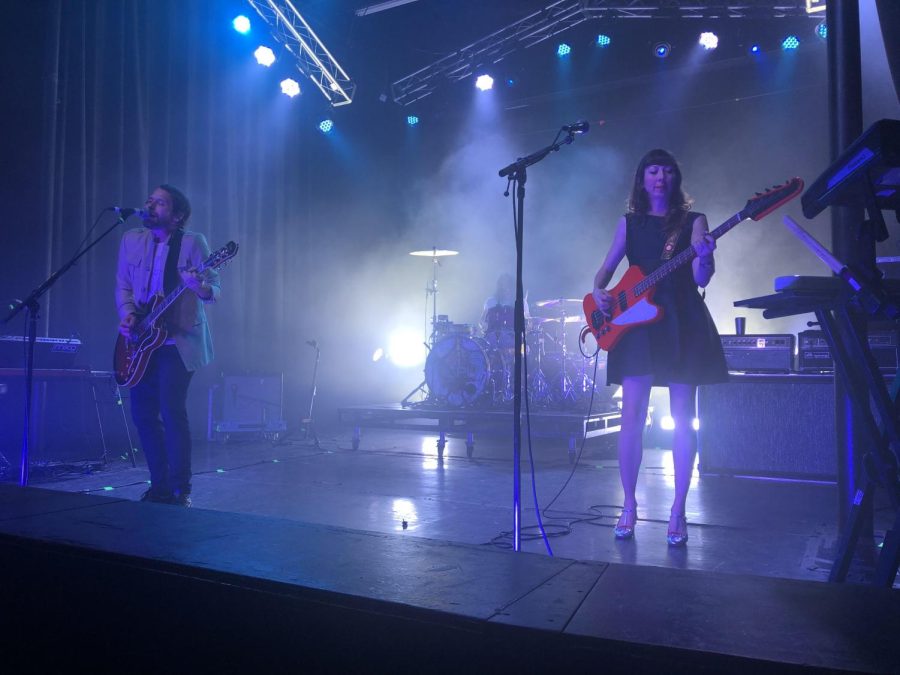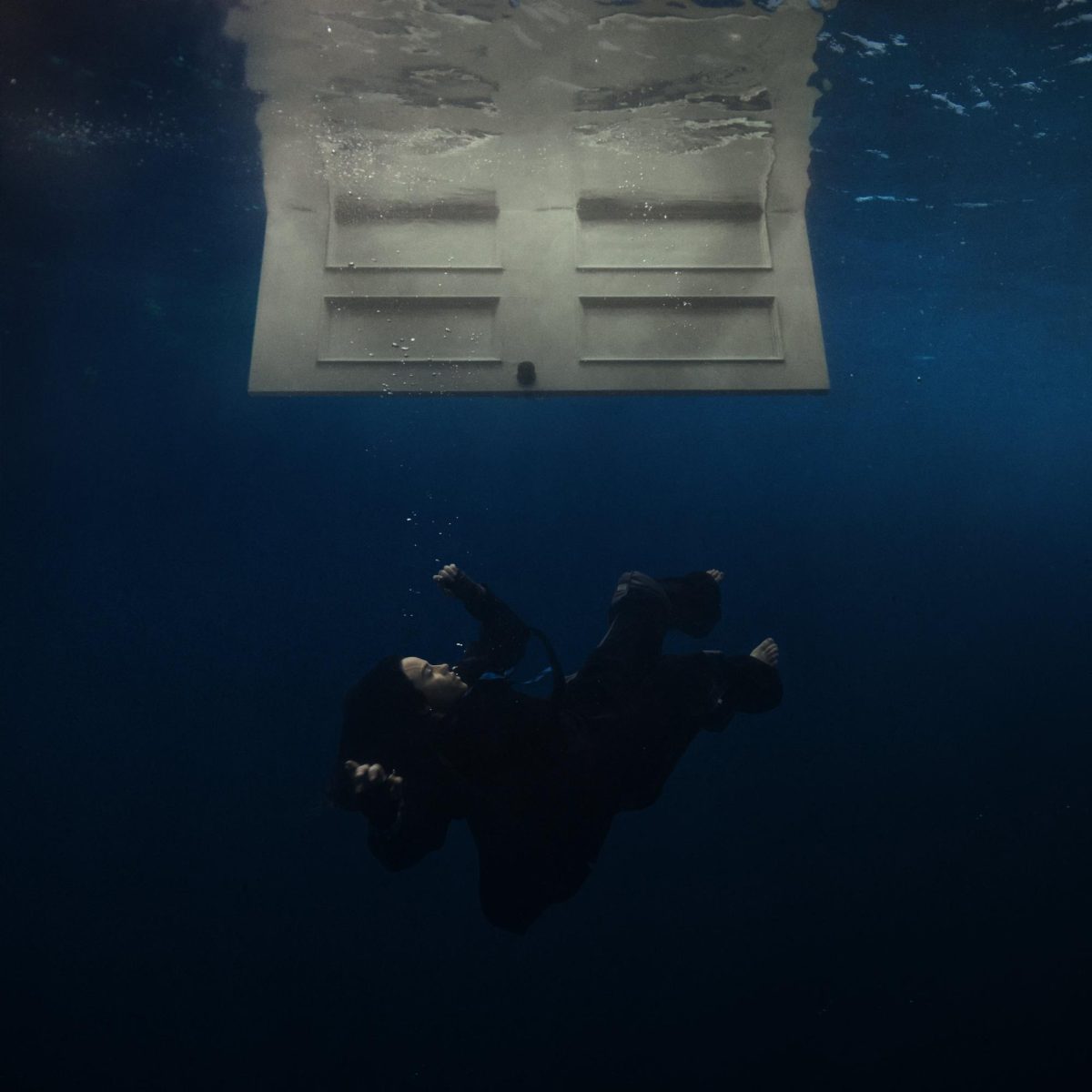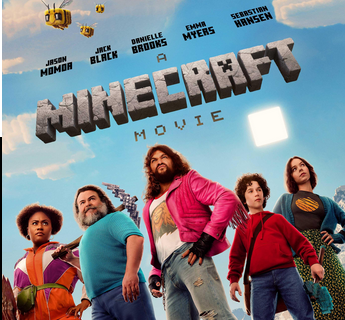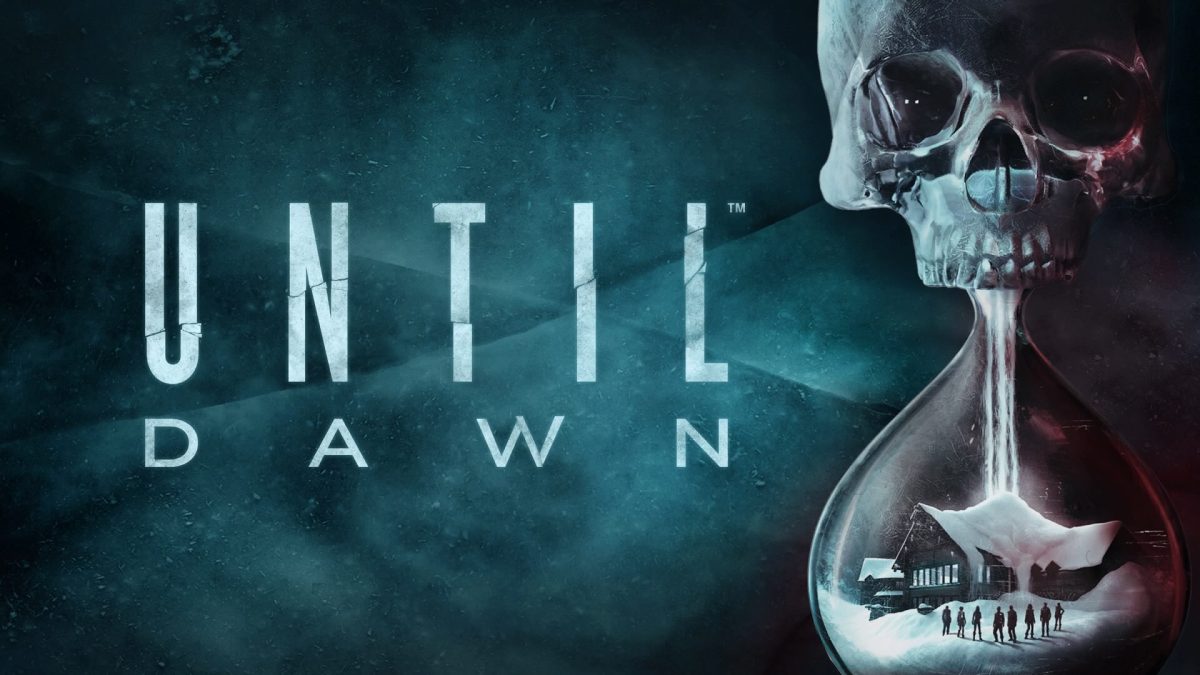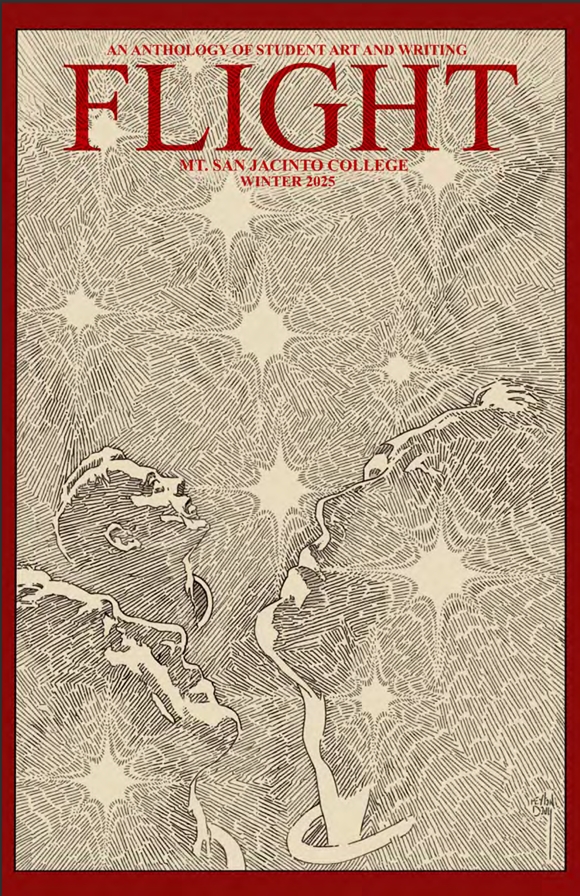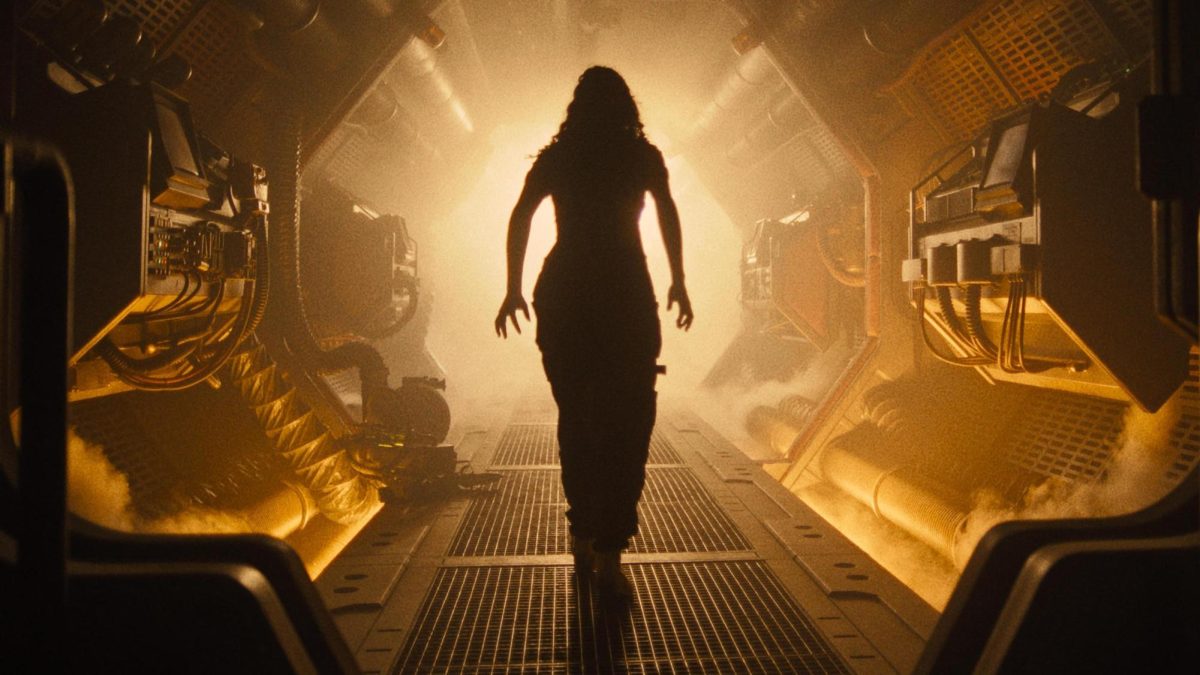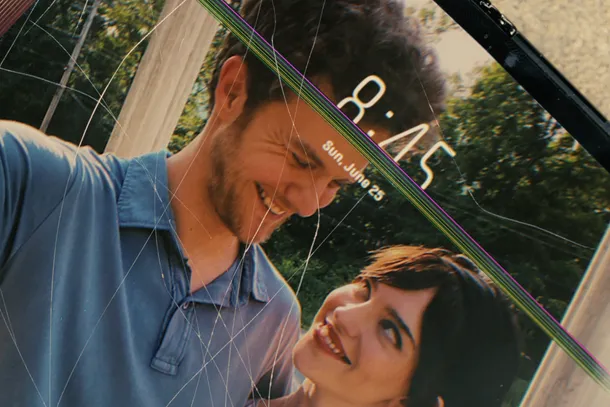Since Ridley Scott’s Alien was released in 1979, the iconic science-fiction horror film has remained one of pop culture’s most beloved properties. Nearly five decades since the first xenomorph burst onto the scene, there have been several adaptations, including films, video games, and comic books. Director Fede Álvarez (responsible for such films as 2013’s Evil Dead remake and 2016’s Don’t Breathe) decided it was time to do the unthinkable: make Alien scary again.
In Romulus, we are introduced to a group of ragtag youth attempting to escape their desolate, corporate-owned planet in hopes of settling somewhere where they can live a normal life. Oppressed by the Weyland-Yutani Corporation, we can see the havoc wreaked upon the less fortunate in Scott’s universe, something still largely unexplored despite the franchise’s nearly five decades in existence. The young protagonists border on cliche, at times exuding tiring tropes those familiar with the horror genre have seen a myriad of times. Though it is clear that Álvarez has zero intentions of taking it easy on the group. From the first take-off sequence, it is clear there will be no rest for the crew; their future will be as brutal as the attempt to exit the planet’s atmosphere.
This is an incredibly harsh film with harsh consequences for its protagonists. Daring to ask, “Is this all there is?” results in more pain than any of them could have known. Some have critiqued the first thirty minutes as slow or boring, but in reality, it is a great beginning for the film. We are introduced to the main characters, their individual quirks and unifying dynamic, and the world they inhabit. It becomes clear what the goal is, and why they want to leave so bad isn’t even a question. Álvarez uses the incredibly basic storytelling on display to its fullest potential. Literal tropes of both the horror genre and the Alien franchise are so present throughout the film that they may as well be credited.

While the film, at times, feels like a filler episode in a larger continuity, Álvarez never holds back. The scale of Romulus is unreal, a treat for fans of practical effects. Utilizing animatronic xenomorphs and facehuggers, large handmade sets, and applying CGI as needed, fans are treated to some of the franchise’s best visuals yet. Galo Olivares’ cinematography is visually stunning, space is awe-inspiring (reminiscent of Jon Favreau’s Zathura: A Space Adventure), and the darkened halls of the Romulus-Remus spacecraft are frightening, filled with disturbing paintings and terrifying silhouettes. Benjamin Wallfisch delivers a score that is, at times, 2001: A Space Odyssey and, at other times, pure Alien fanfare.
Álvarez’s Alien: Romulus exists somewhere between Scott’s Alien and Cameron’s Aliens, both literally and stylistically. The aesthetic, mood, and core storytelling may be that of Alien, but the way certain events play out definitely feels spiritually connected to the action of Cameron’s sequel. While the use of a particular character pushes the envelope on what could have been a nearly air-tight modern entry to the franchise, the quality of the overall product remains intact.
Standout performances include that of Cailee Spaeny as Rain, Isabela Merced’s Kay, and David Jonsson’s Andy. While Cailee Spaeny channels a bit of Sigourney Weaver’s swagger, it is the latter two that surprised me the most. Merced makes a name for herself as horror’s new scream queen, giving us the film’s most tortured performance. On the other hand, Jonsson delivers possibly the most surprising performance of them all. Audiences are treated to an incredibly nuanced performance in what could have been quite stale. Jonsson brings something brand new to the table, and though his character arc is as superficial as the character himself, he plays it in a way that never feels anything less than calculated.
Romulus does what today’s horror films are afraid to do: tell a simple story in the best way possible. Álvarez only asks the audience questions he knows will be answered. Many of this year’s horror films have been filled with lackluster quality on various levels, asking questions they can’t begin to answer (in some cases directly refusing to answer) and expecting audiences to completely go along with ultimately mediocre writing. Alien: Romulus is a diamond in the rough; it knows what it is, it knows the questions it’s asking, it knows how to answer them, and all it wants to do is deliver a horrifying experience that will leave you disturbed for days. Rewatches have proved valuable (yes, there is foreshadowing!), making this a creature feature worth the price of admission. Support a director and team of people who care about the audience; see it on the biggest screen possible and experience the perfect organism at work once more.













